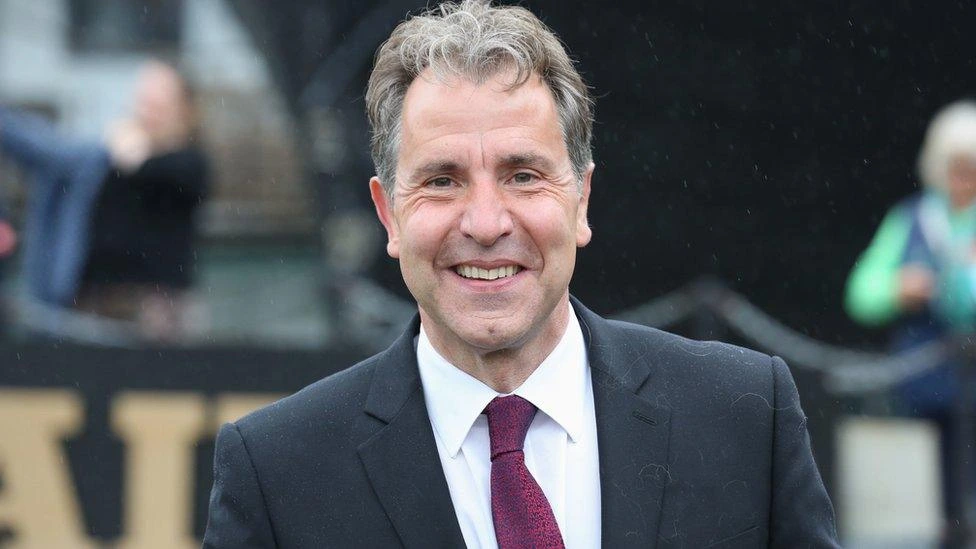Boko Haram Attack Kills 14 in Borno State Several Others Missing

At least 14 people have been killed and four others injured following a brutal attack by Boko Haram insurgents on three farming communities in the Gwoza area of Borno State on Saturday. Several residents remain unaccounted for as search efforts continue.
According to Senator Mohammed Ali Ndume, who represents Borno South in the Nigerian Senate, the insurgents stormed the villages of Pulka, Bokko, and Kirawa at a time when displaced persons were beginning to resettle after years in internally displaced persons (IDP) camps.
“According to the local government chairman, the victims had gone to their farms to cut wood and clear land in preparation for farming when Boko Haram militants attacked and killed 14 people. Their funerals have already been conducted,” Senator Ndume said.
He noted that the full extent of the attack is still being assessed, as military personnel were deployed to the area shortly after the incident.
“So far, four people who sustained injuries have been taken to the hospital, and we are awaiting more detailed information,” he added.
Ndume lamented that the attack occurred just as life was beginning to return to normal in the area, with government efforts aimed at facilitating the safe return of displaced communities.
Warning Signs Ignored
The senator also recalled that Borno State Governor, Babagana Umara Zulum, had earlier issued a warning about the growing threat of Boko Haram in three key areas: the Timbuktu region of Lake Chad, the Mandara Mountains, and the Sambisa Forest in Gwoza.
“I believe that if urgent action isn’t taken in these areas, Boko Haram will continue to grow stronger, just like what happened in Chad under the late President Idriss Déby,” Ndume warned.
He further noted that recent crackdowns on Boko Haram by neighboring countries — Chad, Niger, and Cameroon — have pushed the insurgents to refocus their attacks on Nigerian soil, particularly targeting Borno, Yobe, and Adamawa states.
Ndume expressed grave concern over the evolving threat, stating that Boko Haram militants are now not only targeting farmers but also driving entire communities from their homes — citing recent cases in Sabongari, Wajir, and Dambuwa.
“What I keep stressing is that this crisis can be brought to an end — but only if we take it seriously and act decisively,” he concluded.Boko Haram Attack Kills 14 in Borno State, Several Others Missing
At least 14 people have been killed and four others injured following a brutal attack by Boko Haram insurgents on three farming communities in the Gwoza area of Borno State on Saturday.
Several residents remain unaccounted for as search efforts continue.
According to Senator Mohammed Ali Ndume, who represents Borno South in the Nigerian Senate, the insurgents stormed the villages of Pulka, Bokko, and Kirawa at a time when displaced persons were beginning to resettle after years in internally displaced persons (IDP) camps.
“According to the local government chairman, the victims had gone to their farms to cut wood and clear land in preparation for farming when Boko Haram militants attacked and killed 14 people. Their funerals have already been conducted,” Senator Ndume said.
He noted that the full extent of the attack is still being assessed, as military personnel were deployed to the area shortly after the incident.
“So far, four people who sustained injuries have been taken to the hospital, and we are awaiting more detailed information,” he added.
Ndume lamented that the attack occurred just as life was beginning to return to normal in the area, with government efforts aimed at facilitating the safe return of displaced communities.
Warning Signs Ignored
The senator also recalled that Borno State Governor, Babagana Umara Zulum, had earlier issued a warning about the growing threat of Boko Haram in three key areas: the Timbuktu region of Lake Chad, the Mandara Mountains, and the Sambisa Forest in Gwoza.
“I believe that if urgent action isn’t taken in these areas, Boko Haram will continue to grow stronger, just like what happened in Chad under the late President Idriss Déby,” Ndume warned.
He further noted that recent crackdowns on Boko Haram by neighboring countries — Chad, Niger, and Cameroon — have pushed the insurgents to refocus their attacks on Nigerian soil, particularly targeting Borno, Yobe, and Adamawa states.
Ndume expressed grave concern over the evolving threat, stating that Boko Haram militants are now not only targeting farmers but also driving entire communities from their homes — citing recent cases in Sabongari, Wajir, and Dambuwa.
“What I keep stressing is that this crisis can be brought to an end — but only if we take it seriously and act decisively,” he concluded.


